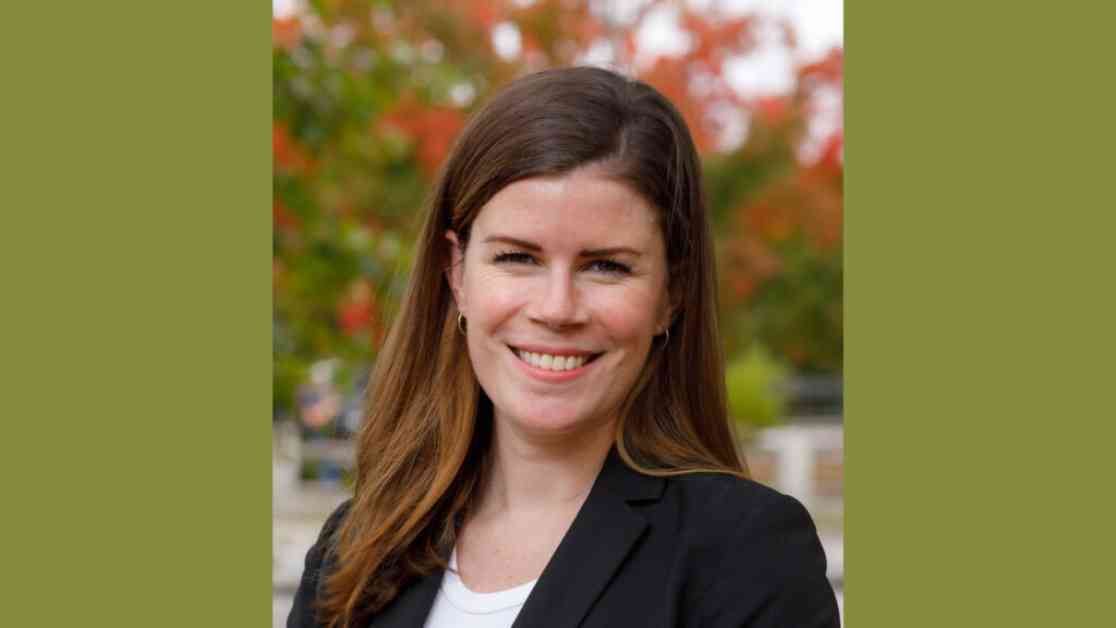Michael Anne Kyle embarked on her journey to simplify the patient experience in healthcare after hearing complaints from her friends about the complexities they faced in the system. As both a Ph.D. student at Harvard Business School and an ICU nurse, she recognized the challenges patients encounter beyond just financial burdens.
The rising costs of healthcare in the US, predicted to reach 20% of GDP by 2032, are compounded by non-financial administrative burdens. Tasks like scheduling appointments, coordinating care between providers, and resolving billing issues can deter patients from seeking necessary care. Kyle’s research sheds light on these hidden costs and their impact on patient well-being.
In her efforts to address systemic failures, Kyle discovered that many patients suffer due to delays in receiving care. Some conditions that could have been prevented or treated earlier escalate to critical levels because of gaps in the healthcare system. By focusing on community health and later studying health policy, Kyle aims to intervene earlier in patient care and drive systemic change.
Together with health economist Austin Frakt, Kyle conducted a survey that revealed how administrative tasks often lead patients to delay or forgo care. The burden of navigating healthcare systems falls disproportionately on vulnerable populations, highlighting the need for reform in administrative processes. Their findings underscore the need to address these challenges to ensure patients receive timely and effective care.
The study conducted by Kyle and Frakt resonated with many, highlighting the widespread frustration patients experience in navigating the healthcare system. From patients to medical professionals, the impact of administrative burdens is felt across the board. Efforts to streamline processes and reduce delays in care can significantly improve the patient experience and health outcomes.
Kyle’s ongoing research at the University of Pennsylvania aims to further explore the effects of administrative burdens on patient care. By linking survey data with medical records, she hopes to identify specific areas where improvements can be made. Standardizing forms, revising prior authorization policies, and making the system more user-friendly are key steps in enhancing the patient experience.
In a healthcare system that often falls short of being truly patient-centered, Kyle’s work represents a crucial step towards improving access to care and reducing unnecessary barriers. By advocating for changes that prioritize patients’ time and well-being, she is paving the way for a more efficient and compassionate healthcare system.


















